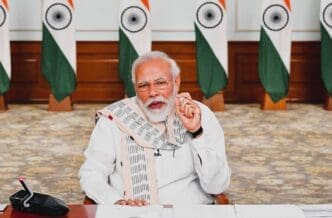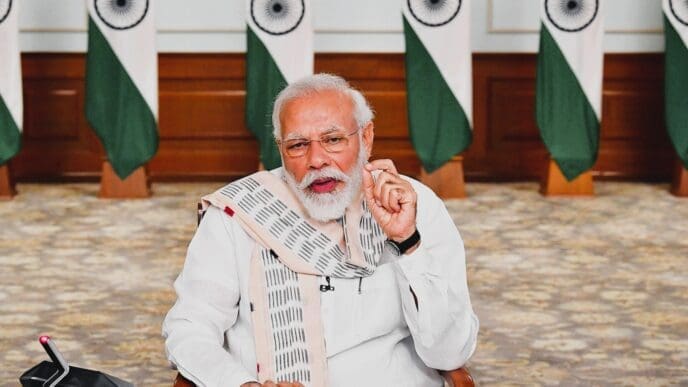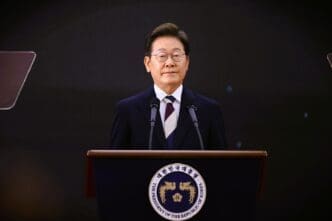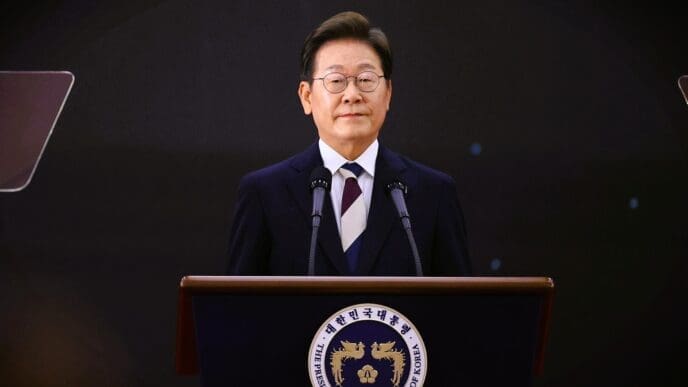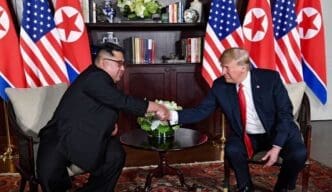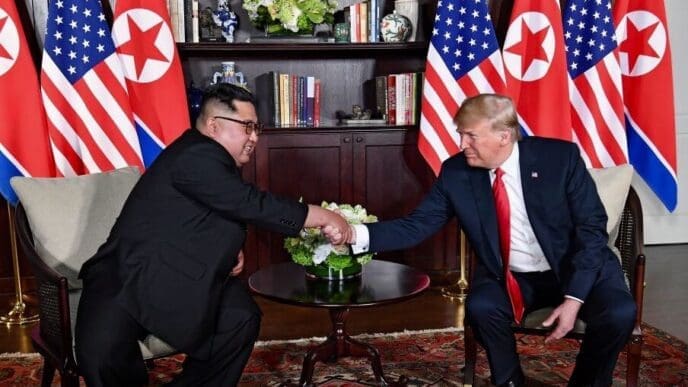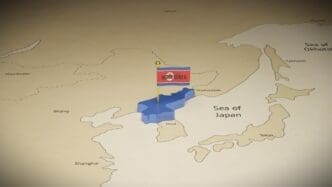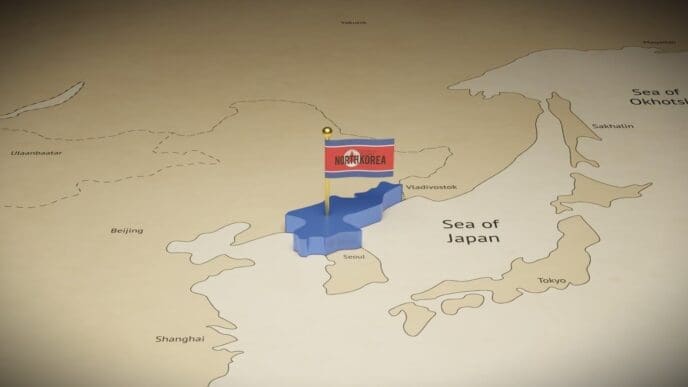The evolving geopolitical landscape has prompted significant shifts in international alliances, particularly between Europe and the United States. Amidst deteriorating relations under President Donald Trump’s administration, Europe has been compelled to explore new partnerships. European Commission President Ursula von der Leyen has actively engaged with nations such as Norway, Iceland, Canada, New Zealand, Singapore, and the United Arab Emirates, as well as with Chinese Premier Li Qiang, suggesting a potential easing of tensions between the EU and China after years of strain.
The imposition of sweeping tariffs by the United States has been met with disapproval from Brussels, which has labeled them as unjustified. In response, von der Leyen has emphasized the importance of global alliances and the EU’s reputation for reliability and predictability. Despite expressing her commitment to transatlantic ties, von der Leyen acknowledged the complexities introduced by Trump’s policies, including his unilateral approach and closer ties with Russia, which have strained traditional alliances.
In light of ongoing trade negotiations with the US, von der Leyen has indicated that American goods and digital services could face retaliatory measures if no agreement is reached. The EU is hopeful that a temporary pause in tariffs will lead to a resolution. However, targeting Silicon Valley’s digital services could provoke a strong reaction from the Trump administration, which has criticized the EU’s regulatory measures against Big Tech companies. The European Commission is conducting investigations into firms like Meta and Apple under the Digital Markets Act, potentially leading to significant fines.
As Europe navigates these challenges, it faces a punitive 20% reciprocal tariff from the US while China contends with a 145% rate. This has effectively closed off trade between the two markets, raising concerns that China may redirect its exports to Europe. Von der Leyen has stated that the EU will remain vigilant against such developments and is open to exploring new trade partnerships.
While pursuing a more transactional foreign policy approach, von der Leyen has softened her stance on China, aiming for constructive engagement despite differing values. However, the strong partnership between China and Russia remains a significant obstacle. Von der Leyen has cautioned against Russian President Vladimir Putin’s ambitions, warning of potential threats to NATO or EU member states.
With the US showing reluctance to continue military or financial support for Ukraine, Europe has stepped up efforts to fill the gap. A coalition of Western allies has been established to provide security guarantees to Kyiv and support a potential peace agreement. Von der Leyen emphasized the importance of sustained support for Ukraine, countering Putin’s expectations of waning international backing.
Impact on Daily Life
The shifting dynamics in international relations have far-reaching implications for individuals and communities. The EU’s exploration of new alliances could lead to changes in trade policies, affecting the availability and cost of goods. Consumers may experience fluctuations in prices due to tariff changes, impacting their purchasing power and lifestyle choices.
For businesses, particularly those in the technology and manufacturing sectors, the evolving trade landscape presents both challenges and opportunities. Companies may need to adapt to new regulations and market conditions, potentially influencing job opportunities and economic growth. Additionally, the EU’s focus on sustainability and digital innovation could drive advancements in these areas, fostering a more competitive and resilient economy.
On a broader scale, the geopolitical shifts could influence public opinion and policy priorities, shaping the future of international cooperation and global governance. As Europe navigates these complexities, its ability to maintain stability and prosperity will be crucial in ensuring a secure and thriving environment for its citizens.




